Sleep
Why Can’t I Sleep? 6 Reasons Why and How to Avoid Them
Why can’t I sleep? A very common question for those struggling with occasional sleeplessness. Occasional sleeplessness is one of the most common problems affecting adults worldwide. According to the Cleveland Clinic, one in three people will struggle with occasional sleeplessness at some point. Additionally, according to Penn Medicine, one in every four Americans develops occasional sleeplessness each year.
Part of the reason that occasional sleeplessness is so common is that so many things can cause it. From having a stressful job to health complications to not getting enough exercise, the potential causes are nearly endless. Getting enough sleep is essential for your mental, physical, and emotional health. In this article, we’ll lay out 6 of the most common reasons why people struggle to fall asleep and how to deal with them. Hopefully, by the time you finish reading you won’t have to ask yourself, “Why Can’t I Sleep?” any longer.
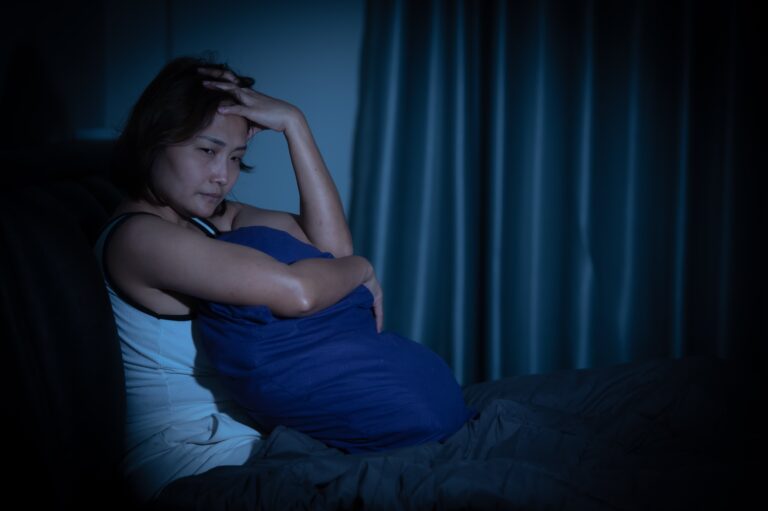
I Stay Up Late Watching Movies or Scrolling On My Phone. Why Can’t I Sleep?
After a long day at work or school, it’s normal to want to come home and wind down with a movie or TV show or to scroll through Instagram. While a little TV or phone time isn’t bad, it can be when it stretches late into the night.
Electronic devices, such as TVs, phones, and computer screens, give off blue light. Blue light mimics real sunlight and can keep your body from releasing melatonin, which it does to help you wind down at night. Therefore, if your body doesn’t know to release melatonin, you will struggle to fall asleep at night.
To prevent this, avoid electronics for at least one hour before you go to bed. Also, keep the phone and TV turned off while you’re in bed.
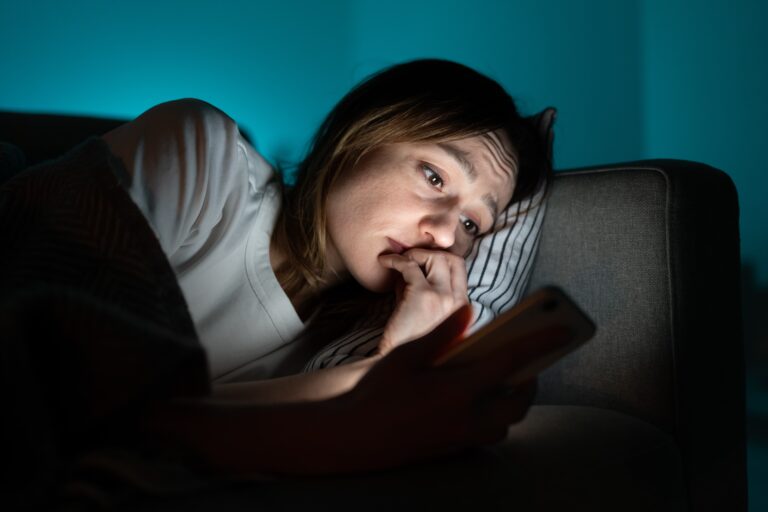
My Workout Ends Late at Night, and Then I Can’t Wind Down. Why Can’t I Sleep?
Another common reason people struggle to fall asleep at night is because they work out too late. In most cases, people work out late at night because they have no other choice due to scheduling conflicts. Unfortunately, while working out is a great way to stay healthy, it can have a negative impact on your sleep.
When you work out, your body releases adrenaline. While adrenaline helps you get the most out of your workout, your body doesn’t automatically turn it off when you’re finished. As such, your adrenaline can keep pumping for several hours after your workout, which will make it next to impossible to fall asleep during that time.
The only way to keep late workouts from keeping you up at night is to schedule them differently. Either work out earlier or plan to go to bed later.
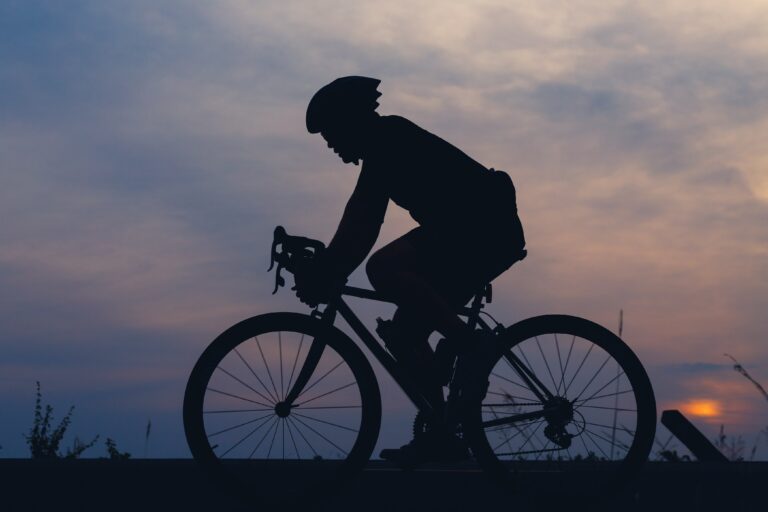
I Feel Stressed Out About Work and Not Being Able to Pay the Bills. Why Can’t I Sleep?
One of the most common reasons people struggle with occasional sleeplessness is because they’re stressed out. Whether you’re struggling to pay the bills, have a big exam at school, or a presentation at work, stress and sleep don’t go together. Unfortunately, a lack of sleep makes you more stressed, and the process keeps repeating.
The best way to reduce stress for sleep is to practice relaxation techniques. Yoga, stretching, exercise, and mindful meditation are great ways to deal with stress naturally so that you can get a good night’s sleep.
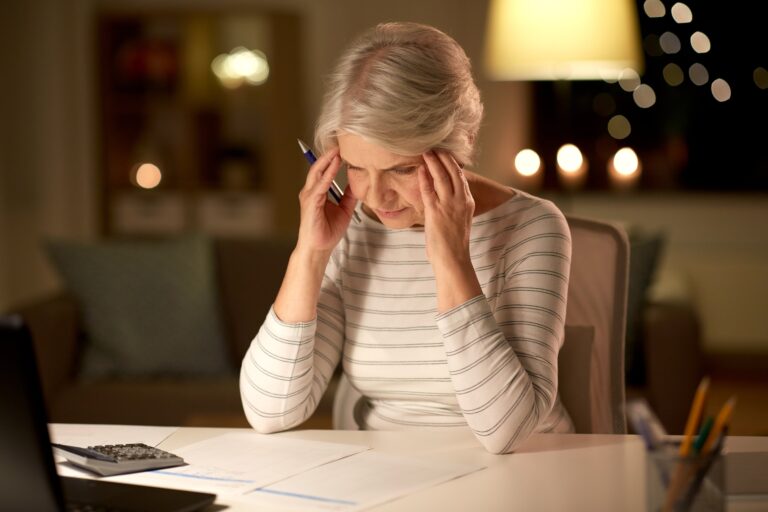
I Travel a Lot For Work and Struggle to Sleep at Night. Why Can’t I Sleep?
Whether it’s because of jet lag or simply stress, frequent traveling can affect your ability to fall asleep at night. Jet lag happens when you fly in an airplane and cross multiple time zones. As a result, your body and circadian rhythm don’t match up with your new time zone, and your sleep-wake schedule is thrown off. Aside from jet lag, traveling can be stressful or happen at all hours of the day and night.
The best way to combat jet lag and other aspects of travel that keep you up at night is to adjust your schedule to accommodate your new time zone. If travel stresses you out, use the relaxation techniques above to overcome it.
I Need to Drink Coffee to Stay Awake in the Afternoon, But Then I Can’t Sleep. Why Can’t I Sleep?
The reason people drink coffee, tea, or another caffeinated beverage in the morning is to wake them up. Therefore, if you drink these in the afternoon, they will have the same effect. Unfortunately, they may keep you awake for too long and make it difficult to fall asleep at night. To keep this from happening, you shouldn’t drink caffeine 4 to 6 hours before you normally go to bed. If you do, you can do nothing to reverse its effects, and it will keep you from falling asleep.
I Tend to Eat Food Late Into the Night. Why Can’t I Sleep?
Most people think that a full belly helps you fall asleep. While this is true, within reason, eating a heavy meal within an hour of your bedtime can actually keep you up at night. Eating promotes the release of insulin, which can cause you to feel energetic. Therefore, to keep this from happening, you shouldn’t eat large meals within four hours of when you normally sleep.
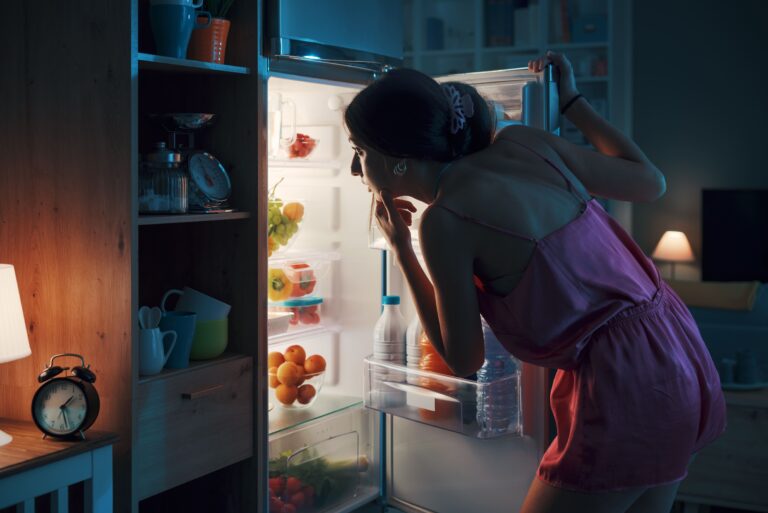
Like? Share with your friends
Learn More Information on How Somni Can Offer You a Better Sleep Experience*

